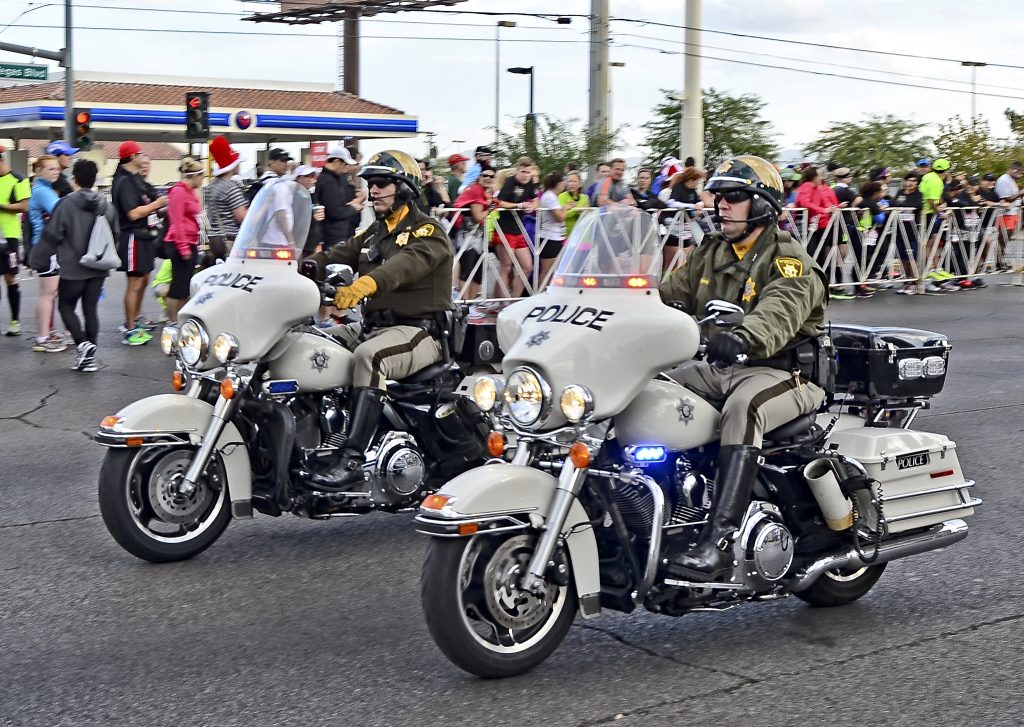By Saul Roth
There are conflicting views on PTSD. At some point in life, almost every person experiences loss. PTSD is thought to be a psychiatric condition by most experts and by others as a normal response to a traumatic event. PTSD is a condition that that was only entered into the Diagnostic and Statistical Manual of Mental Disorders in the 1980s. Though about 80 percent of the worldwide population has experienced some sort of trauma, less than 10 percent experience PTSD. Those that advance the psychiatric diagnosis of PTSD have shown that the trauma survivor’s brain functions have reduced hippocampal volume and there are neurotransmitter changes. Changes in cortisol levels are also noted. Medical interventions have been shown to lessen PSTD symptoms (Stein, Seedat, Iversen, & Wessely, 2007).
Those opposed to the psychiatric diagnosis believe PTSD is the trauma survivor’s distress from the traumatic incident. The thought is that the label PTSD was created for sociopolitical reasons after the Vietnam War. Veterans associations pushed for the diagnosis to obtain disability compensation and psychological services, as the country struggled with the aftermath of the Vietnam War. Also, substance abuse and depression are very common in those experiencing a traumatic event, and not all of these people are experiencing symptoms of PTSD. The common prescriptions used to treat PTSD are the same ones used to treat depression and anxiety disorders (Stein et al., 2007)
The focus on PTSD and distress after critical incidents can cause people to believe that they have a condition they do not really have. A focus on resilience rather than distress can help those experiencing difficult times. Cultural differences can also make a difference on how a person interprets a traumatic incident. Even though traumatic events will cause distress for most people, some people find events like this thrilling. Soldiers in military special operations teams sometimes have these qualities. For example, an elite British Army unit involved in the invasion of Iraq showed no increase of PTSD among its ranks. Some soldiers even experienced some improvement in their health. Some U.S. war veterans have reported that they did not suffer from PTSD, but actually miss the excitement (Stein et al., 2007). From my studies of the American Civil War, I learned that football expanded because many Civil War veterans missed the glory from the war. World War II veterans exposed to combat have never forgotten and continue to have nightmares and bad memories. Most of these veterans were able to become higher achievers than those that did not serve in the military during the war. In contrast to the idea that dangerous incidents traumatize people, there is also the thought that those who are exposed to danger have less of a chance of being affected by it. Some police officers enjoy the thrill of the job, and might be less susceptible to PTSD. This is a tough balancing act. Going too far with either too much medical diagnosis or ignoring the symptoms can have disastrous effects for the individual and for society at large (Stein et al., 2007).
The importance of seeking mental health treatment cannot be understated. Police officers involved in the use of deadly force that do not receive professional help have a 70 percent chance of retiring or resigning from the police department within five years. Police officers involved in deadly force might have PTSD symptoms including depression, fear, anxiety, substance abuse, anger, and bouts of crying. But just as a traumatic event can cause negative consequences, there is also a chance of a positive action that might improve the officer’s psychological function. This is known as post-traumatic growth (PTG). This is when a person develops a more positive view of his or her surroundings because of the traumatic event (Chopko, 2010). The person can appreciate life more, have better relationships with family and friends, develop his or her sense of spirituality, and enjoy a new sense of purpose in life. It is unknown whether PTG is a coping mechanism against PTSD, or if the person is being relieved of the PTSD symptoms through PTG. The person must have undergone a distressing incident to experience PTG. The more distressing the incident, the greater the impact of the PTG. Thus, the closer one gets to death, the more appreciative the person is to be alive. The problem for police officers is that their traumatic experience will be different than a civilian in a similar situation. The officer will be second-guessed and fear legal consequences, media attention, and assignment changes. The police department will review the case and the legal system can take years to review a police officer deadly force situation. What could be a PTG experience can turn into PTSD quickly because of these aggravating circumstances (Chopko, 2010).


Recent Comments